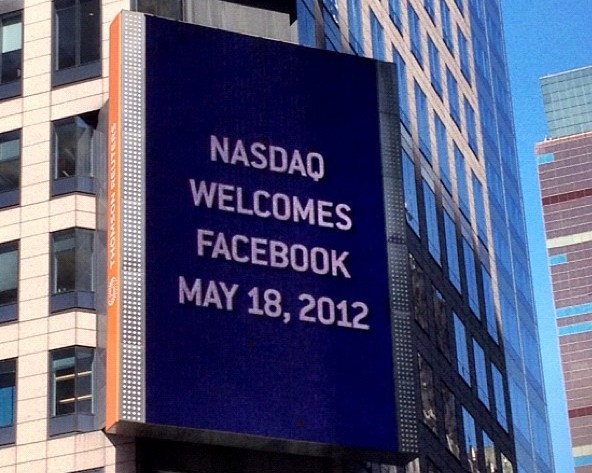Online social networks are one of the success stories of the Internet era. Facebook Inc. has roughly 1.15 billion monthly active users and its market capitalization of $131 billion is close to double the valuation of Goldman Sachs and approximately equal to the valuation of BP.

An example of a direct value that users of online social networks receive is the recommendations of their friends such as Facebook “likes”. In order to get an understanding of this value, consider the following scenario. Suppose you become interested in living a healthier lifestyle and are searching for a book to educate yourself. While searching online you come across an advertisement for a particular book. At the same time a friend of yours, whom you know to be thoughtful and to make careful recommendations, advocates a different book on the same topic via your favourite social networking site. Which book would you rather buy?
Many of us would trust and follow the suggestion of our friend rather than the advertisement. Hence, there is a case to be made that social advertising, which makes use of the social influence effect, has a value that goes beyond that of conventional forms of advertising. And where there is value, there is money to be made.

Facebook introduced sponsored stories, a type of social advertising, in the fourth quarter of 2011. Since then its quarterly advertising revenue per monthly active user has grown 38% globally and around 63% for users in the U.S. and Canada. Compare the case of Facebook with that of Twitter Inc., another tremendously successful online social network platform currently making daily news due to its upcoming IPO. Surprisingly, Twitter has no social advertising offering but instead allows only for conventional targeting based on the interests of users, for example. This gives rise to a good and a bad conclusion:
- The bad conclusion is that while being one of the largest online social network platforms Twitter fails to capitalize on the power of the social aspect.
- The good conclusion is that a change in strategy towards social advertising opens a whole new dimension for potential growth in advertising revenue



One thought on “The power of social recommendations and Twitter’s advertising strategy”
Comments are closed.